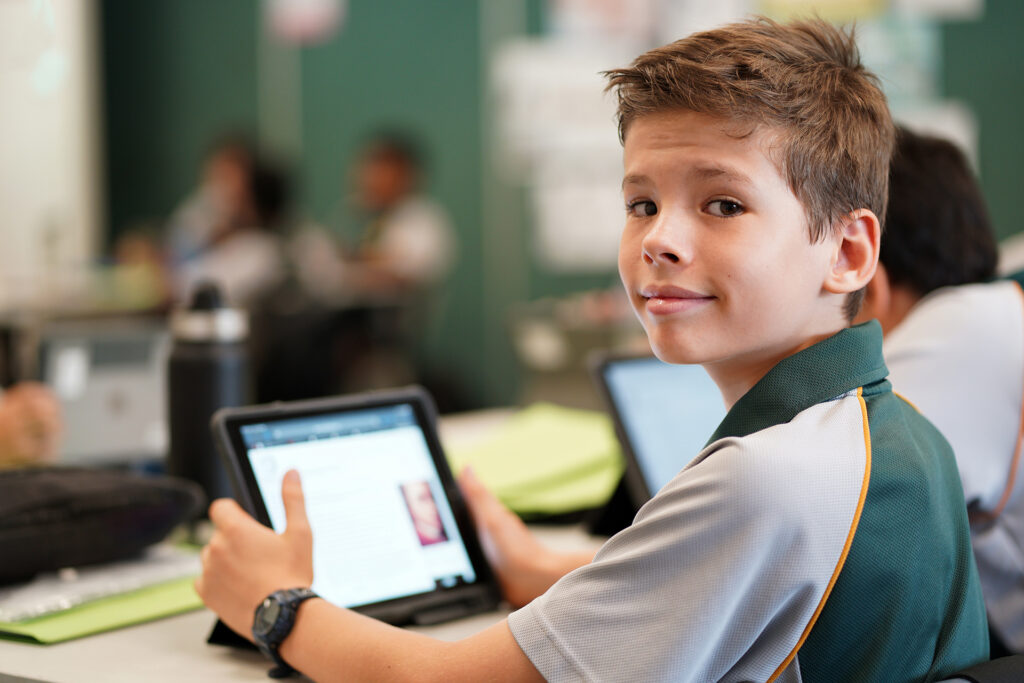Cultivating an approach to learning
Our primary school provides a dynamic learning environment where students enjoy deep grounding in the foundations of literacy, numeracy and Christian life and character.
Literacy
Our approach to literacy incorporates evidence-based practices, aligned with the science of how children learn to read. We use Promoting Literacy Development (PLD) – an effective and evidence-based structured synthetic phonics program – across the primary school. This ensures all students receive quality literacy instruction that can provide the grounding of skills they require to build their learning on.
Our writing approach, including spelling and grammar, is informed by international and national research into best practice. Students not only learn to read and spell individual sound-letter correspondence, but they also learn about the role of digraphs, blends and trigraphs to make up words. Students also increase their knowledge of vocabulary through learning etymology, morphology and how to apply a broader range of vocabulary effectively in their communication – including their writing and speaking.
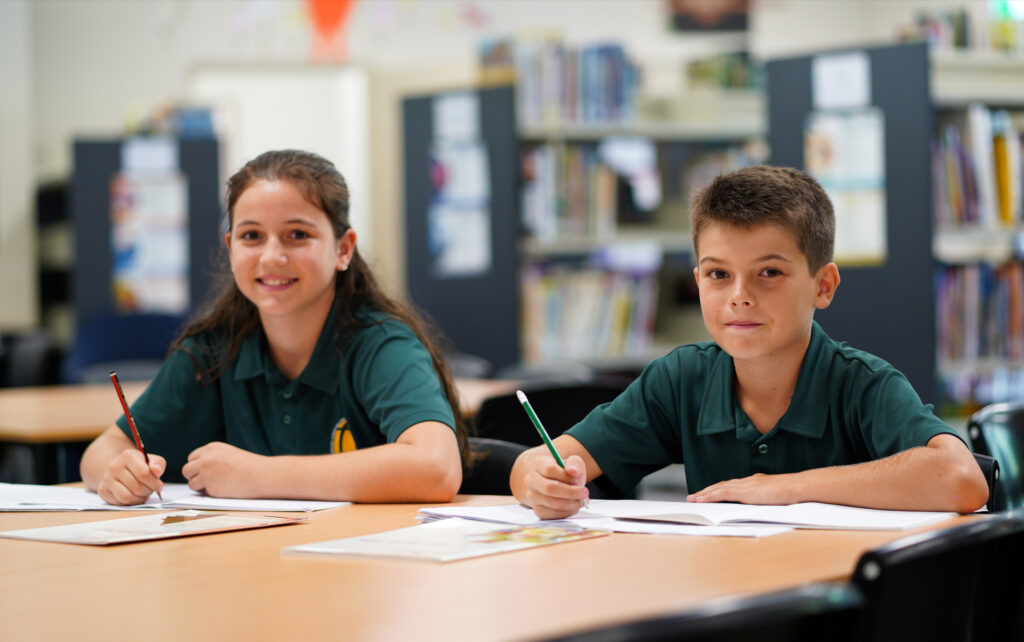
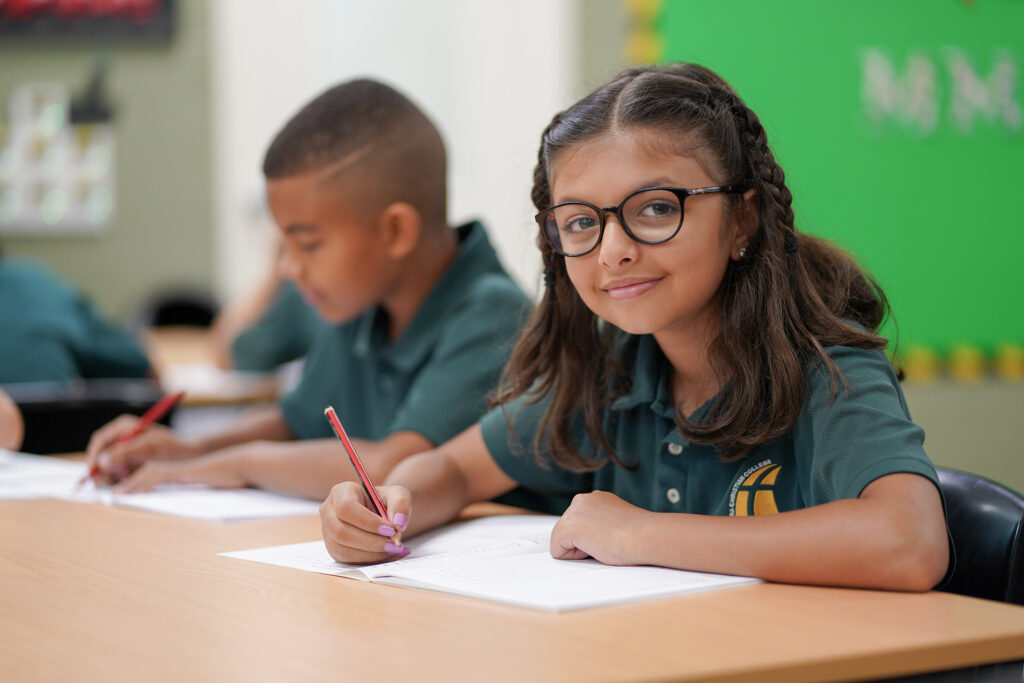
Numeracy
Embedded in our understanding that students learn best through doing, our numeracy approach begins with hands-on and real-life maths, where students learn through manipulatives, games, singing and application. This firm foundation continues throughout the primary school, where students build on knowledge and skills and begin to apply higher order thinking to more complex problems, which vary depending on their stage of learning and skill development.
Integrated units (formational learning)
Integrated units combine a variety of learning areas to increase students’ understanding of how the world and their learning is connected, and not isolated from one another. With a focus on the Australian Curriculum subjects of history, geography, civics, science and design technology, teachers weave a thread of formational learning through each term’s focus. This promotes an engagement of wonder and curiosity as students explore the world around them. As curious and courageous learners, they develop in their thinking, consider their heart response and engage in active discipleship to bring hope and responsive action into the world as God’s agents of compassion.
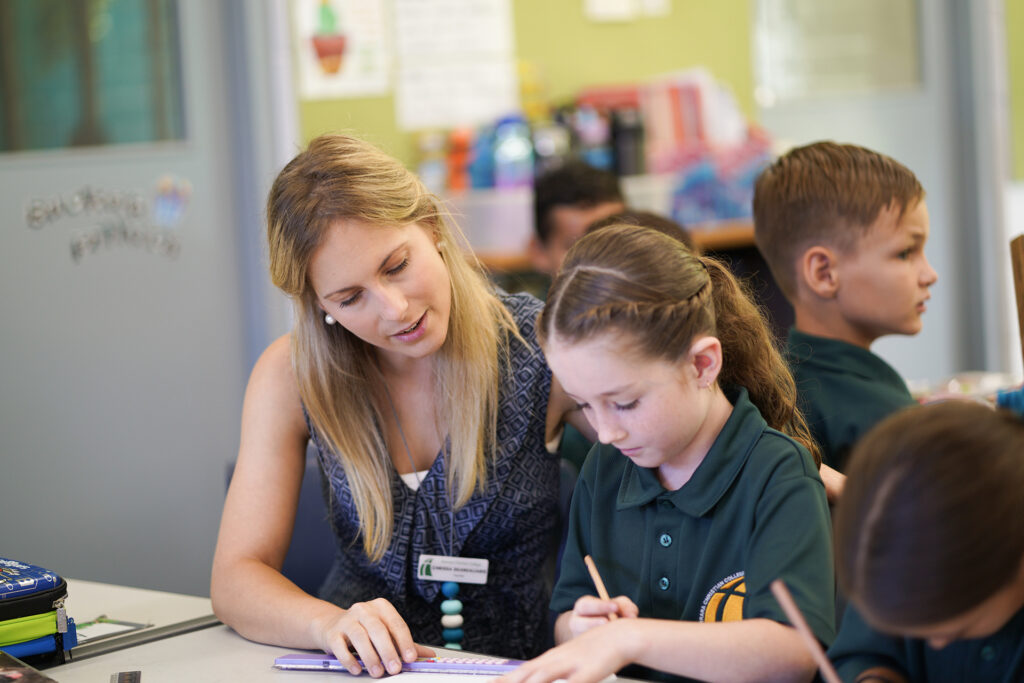
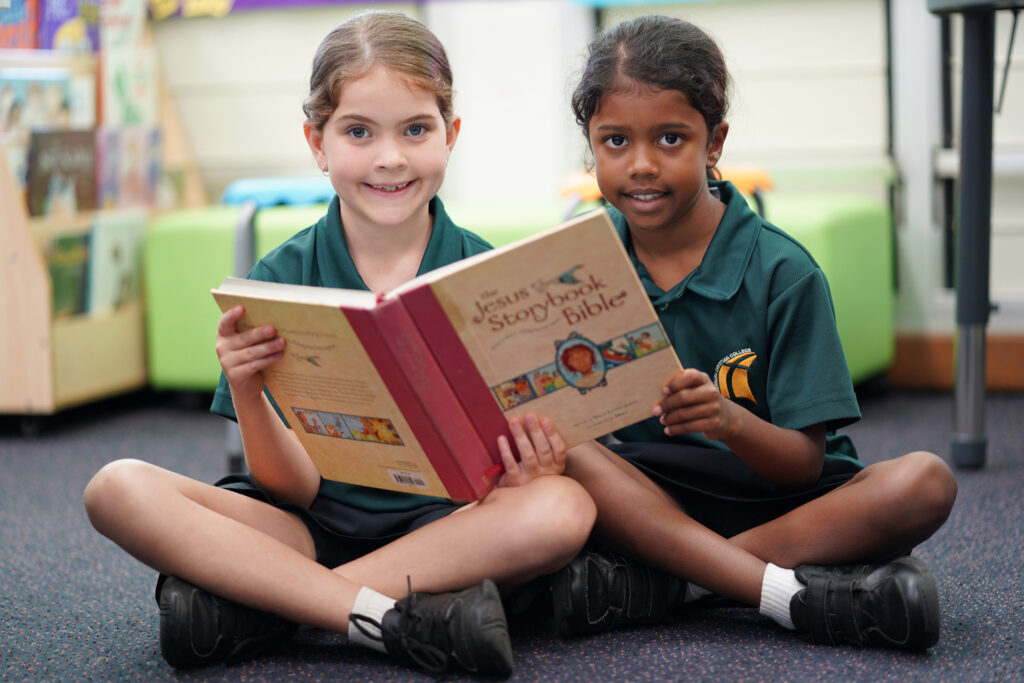
Biblical studies
The Gospel truth is powerful and life changing. As well as embedding the Gospel in all learning areas, with a focus on active discipleship in our integrated units, students also spend time journeying through the Bible. The goal is to develop their knowledge and application of the incredible story of God’s plan for His people and His world. Through resources such as ‘The Big Picture Bible’, ‘The King, the Snake and the Promise’, ‘The Jesus Storybook Bible’, and ‘The Gospel Project’, students grow in their relationship with God as they learn more of Him, His great love for them, and their need for Jesus as their Saviour.
Languages
Languages are a critical part of learning at Marrara. From a position of curiosity and wonder, students engage in the learning about another culture, people and language, which builds their capacity to break down barriers and develop cross-cultural relationships. Japanese is the focus language in the primary school, with students learning to speak and listen, and carefully respond to one another in Japanese. The Japanese scripts of Hiragana and Katakana are taught, with a growing repertoire of Kanji symbols as well. Students engage in games, activities, singing, drama, art and craft as they develop a deep appreciation of another culture and language.
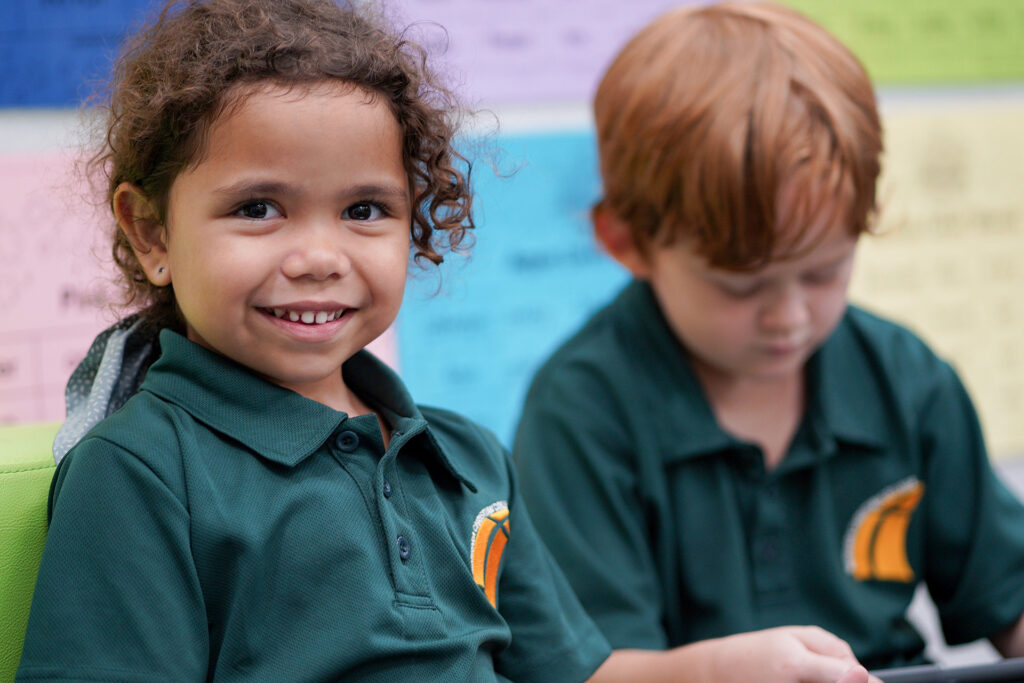
The arts
Our ability to create and be creative is a reflection of our Creator who made us in His image. The Arts program at Marrara focuses on the five strands of the Australian Curriculum:
Visual arts
Students engage in a range of mediums that they proudly display at our art exhibition and display each year.
Drama and dance
Often connected, the elements of dance and skills in drama are explored each week and come to life in spectacular performances and musicals.
Music
Woven into learning from Transition, a range of instruments are explored as students learn beat, rhythm and melody.
Media arts
Through a range of technologies, students explore their creativity in media. The arts are often incorporated into our integrated units throughout the year as we seek to build connections between learning, rather than learning in isolated subjects.
The arts are often incorporated into our integrated units throughout the year as we seek to build connections between learning, rather than learning in isolated subjects.
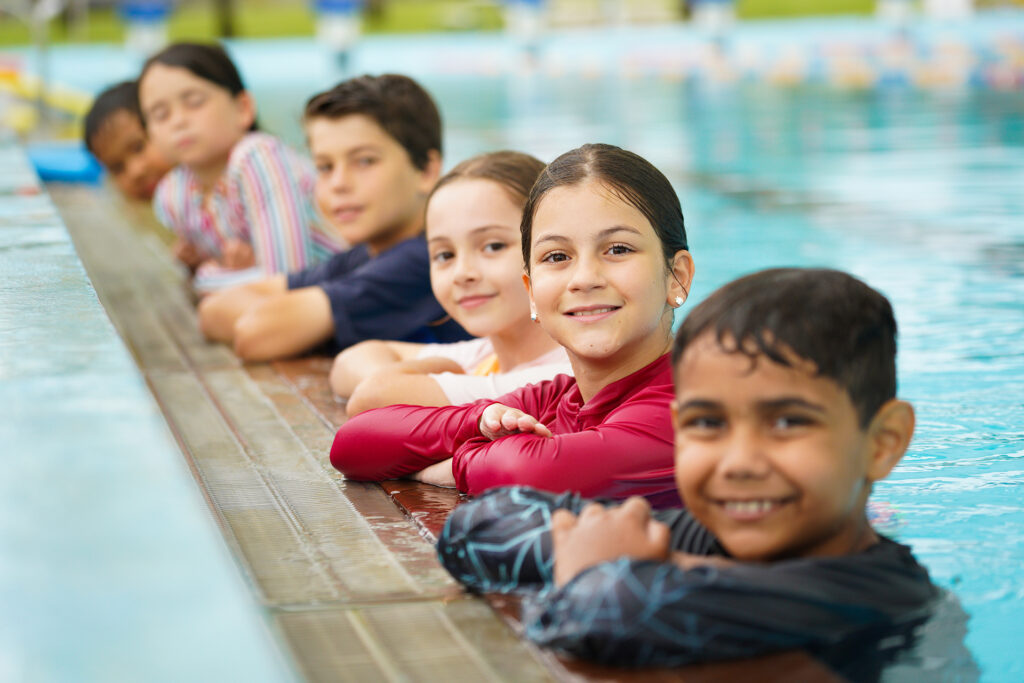
Health and physical education (PE)
All students engage in swimming lessons which form a critical part of our water safety and awareness program and leads to our swimming carnival where students are encouraged to compete and demonstrate their swimming skills. Weekly PE lessons, and additional fitness activities throughout the week, ensure that students learn fundamental movement skills which lead to participating in a range of team and individual sports. Our College partners closely with community sporting organisations, enabling coaches to grow students’ understanding and skills in a range of sports. Our sporting teams represent Marrara well in inter-school swimming, athletics and other sports, with a focus on sportsmanship and growing skills.
Technologies
From Transition through to Year 6, students engage in specific digital technology lessons with a focus on Bee Bots in lower primary, Sphero in middle primary and Lego Robotics in upper primary. This scope and sequence ensures students are building on their knowledge of digital programming and responsible discipleship when accessing and using technology.
